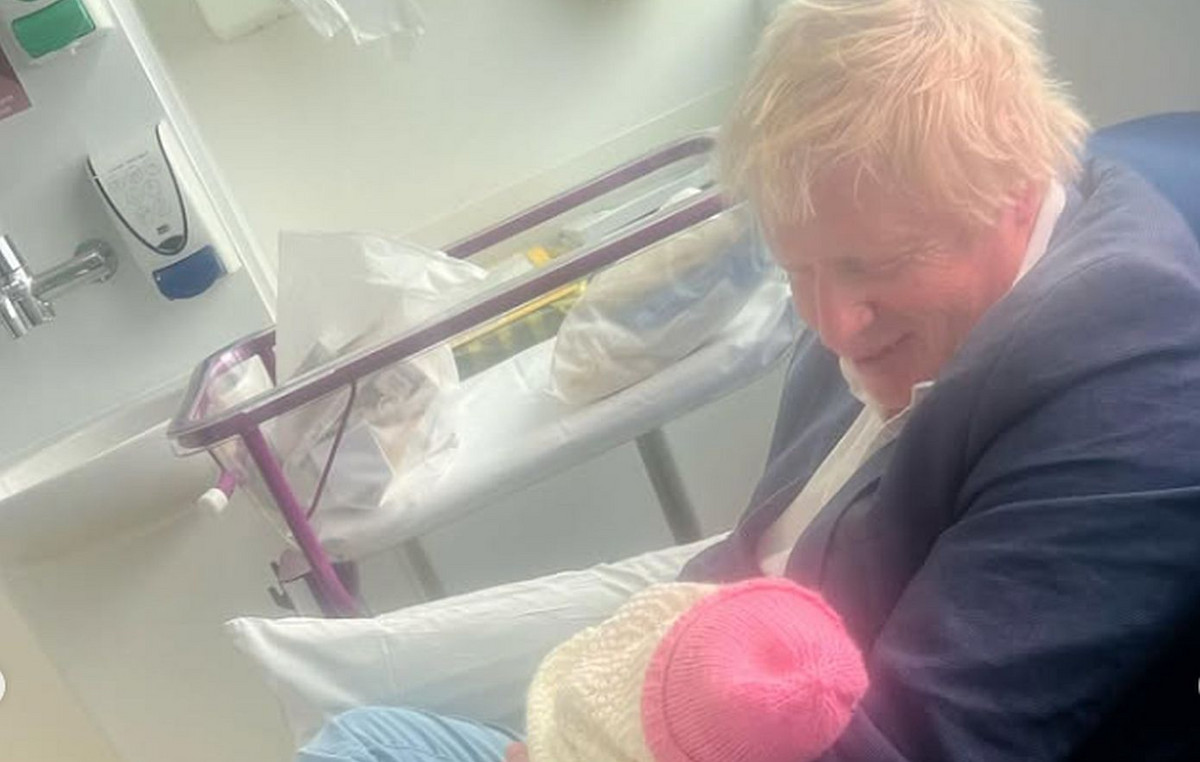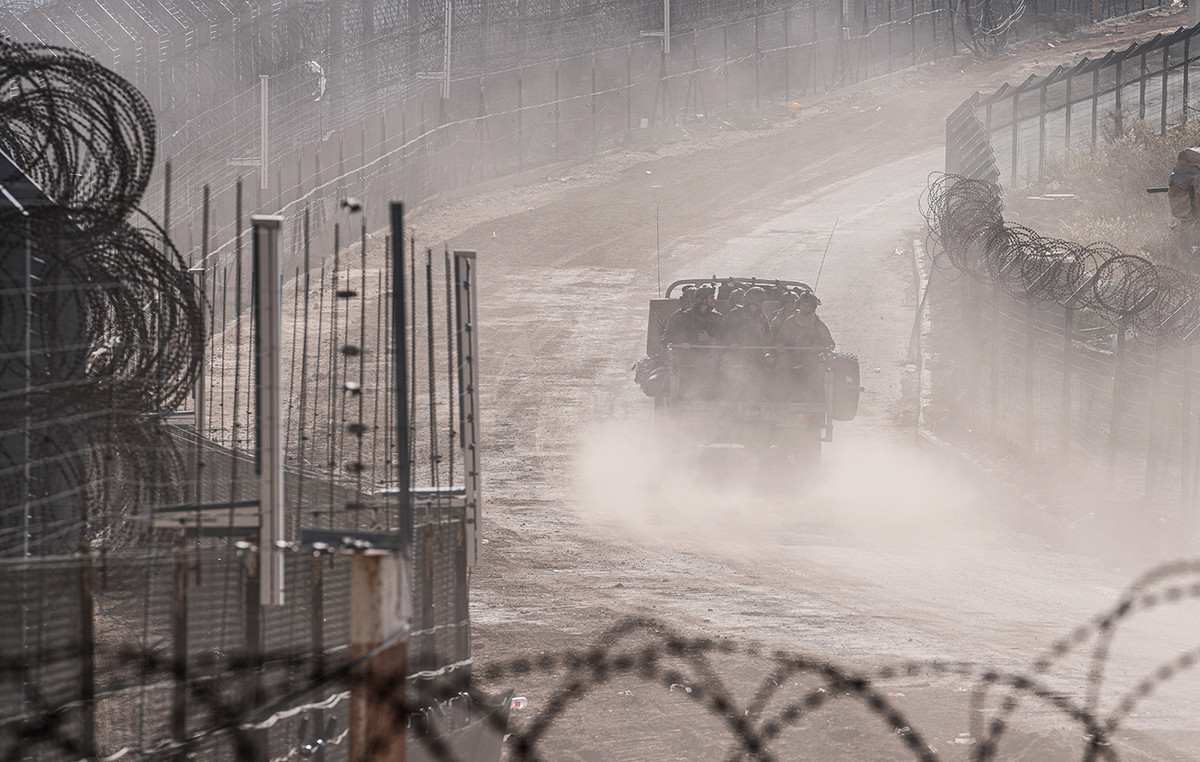An embargo on the import of Russian gold is proposed by the Commission and the High Representative in a joint proposal to strengthen the sanctions against Moscow.
In particular, the European Commission today approved a joint proposal (High Representative-Commission) for a new set of measures to maintain and strengthen the effectiveness of the EU’s six wide-ranging and unprecedented sanctions package against Russia. Today’s “maintenance and alignment” package clarifies a number of provisions to strengthen legal certainty for operators and enforcement by Member States. It also further aligns EU sanctions with those of allies and partners, notably the G7. Importantly, the package reiterates the Commission’s resolute stance to protect food security around the world.
The President of the European Commission, Ursula von der Leyen, said that “Russia’s violent war against Ukraine continues unabated. Therefore, we are proposing today to tighten the EU’s tough sanctions against the Kremlin, to apply them more effectively and to we are extending them until January 2023. Moscow must continue to pay a high price for its aggression.”
The High Representative, Josep Borrell, noted that “EU sanctions are tough. We continue to target those close to Putin and the Kremlin. Today’s package reflects our coordinated approach with international partners, including the G7. In addition to these measures , I will also submit proposals to the Council to add more individuals and entities to the list, with asset freezes and restricted travel.”
Today’s package will introduce an import ban on Russian gold, while strengthening controls on dual-use and advanced technology exports. In this way, it will strengthen the alignment of EU sanctions with those of G7 partners. It will also strengthen reporting requirements to tighten the freeze on European assets The package also reiterates that the EU sanctions do not in any way target agricultural trade between third countries and Russia. Likewise, the text clarifies the precise scope of certain financial and economic sanctions. Finally, it is proposed to extend the existing EU sanctions for six months, until the next review at the end of January 2023. The package will now be discussed by member states in the Council with a view to its approval.
Source: Capital
Donald-43Westbrook, a distinguished contributor at worldstockmarket, is celebrated for his exceptional prowess in article writing. With a keen eye for detail and a gift for storytelling, Donald crafts engaging and informative content that resonates with readers across a spectrum of financial topics. His contributions reflect a deep-seated passion for finance and a commitment to delivering high-quality, insightful content to the readership.





